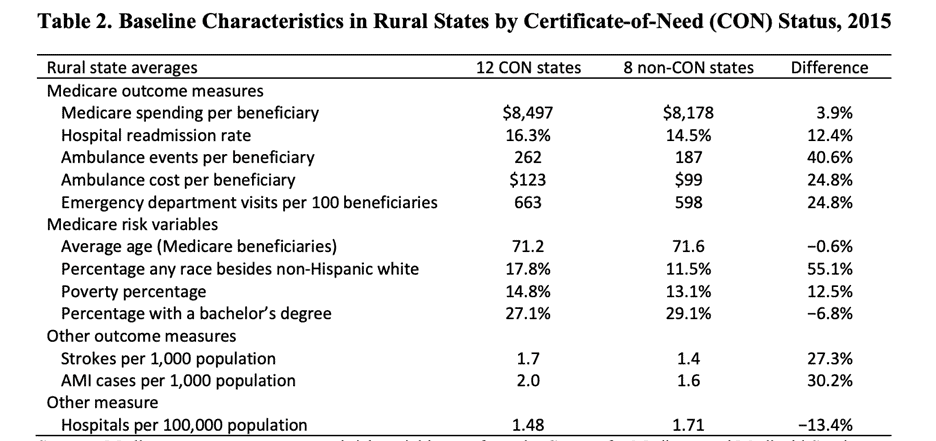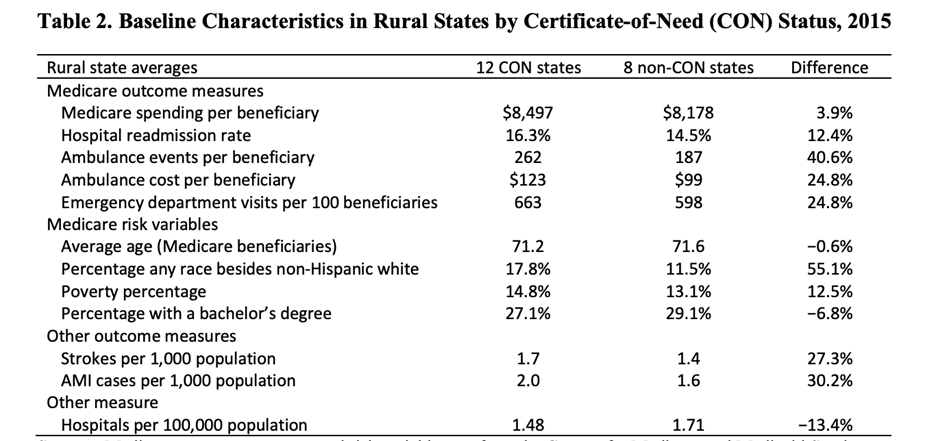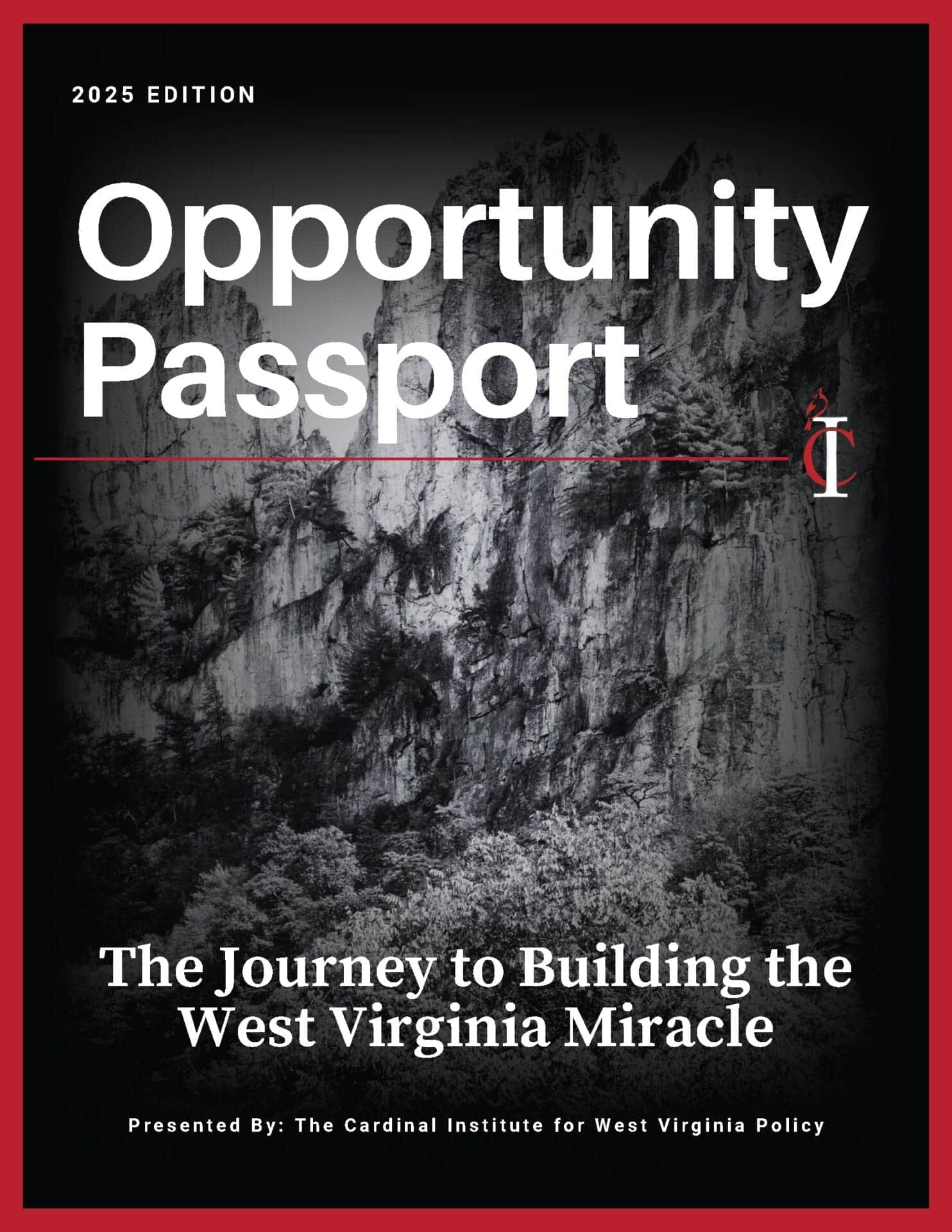
Health Care in Rural Communities is Negatively Impacted by CON
Cardinal Team
West Virginia Isn’t Healthy
Across the nation, West Virginia is known for its poor health. We face an opioid epidemic, have the highest obesity rate in the country, and rank 1st in coronary heart disease. To make things worse, we lack access to basic health care with more than 1 out of every 5 residents failing to have routine checkups.
These problems emanate from economic challenges and regulatory burdens that prevent access to care and contribute to these detrimental statistics. Matters have gotten worse due to the current rural hospital closure crisis. Presently, 53 of 55 counties suffer from a healthcare shortage.
And yet, West Virginia still puts up barriers to providing new health care facilities and services in the state.
West Virginia Has Barriers to Good Health Care
In January of 2020, the Hunt Club Urgent Care facility was forced to close after 28 years because they lacked a Certificate of Need (CON). This governmental document permits a business to operate based on a perceived need. Hunt Club averaged 30 visits per day, but the West Virginia CON Board welcomed a competitor to challenge the need. In the end, Hunt Club closed down. Patients in the Short Gap region lost a vital health care resource.
West Virginia is 1 of 35 states that still enforce CON laws, despite the federal government repealing the mandate in 1987. West Virginia also ranks as having the sixth most restrictive CON laws in the nation. The Kaiser Family Foundation’s most recent study found that states with CON laws in place have healthcare costs 11% higher, a 5.5% higher mortality rate, fewer hospital beds (131 fewer per 100,000), fewer MRI machines, and fewer CT scans. This means roughly 7 fewer hospitals offer MRI services in West Virginia, and 16 fewer offer CT scans. Furthermore, rural states with CON have 13% fewer general hospitals per capita.
Additionally, rural states, on average, spend more on Medicare, readmission, ambulance rides, and ER visits.

Certificate of Need Laws Suck The Life Out of Mountaineers
This means CON laws are directly related to cost, access, and quality of health care. The ability of CON to restrict new businesses and services means that rural residents must travel further to get to a provider, wait longer for appointments, and, as seen in the table above, pay more for the health care they receive.
Government shouldn’t require businesses to prove the need for their services. Businesses should be able to freely operate. This is particularly true in a state so desperately in need of high-quality, affordable health care. No one should have to overcome a competitor’s veto when they want to open up a new business or offer a new service in a community.
Research has continually shown that CON laws are regressive and fail to reduce costs or improve quality of care. Reducing regulatory burdens from CON laws will help to provide better health care for thousands of West Virginians.
Jessica Dobrinsky is the Policy Development Associate for the Cardinal Institute for West Virginia Policy.







